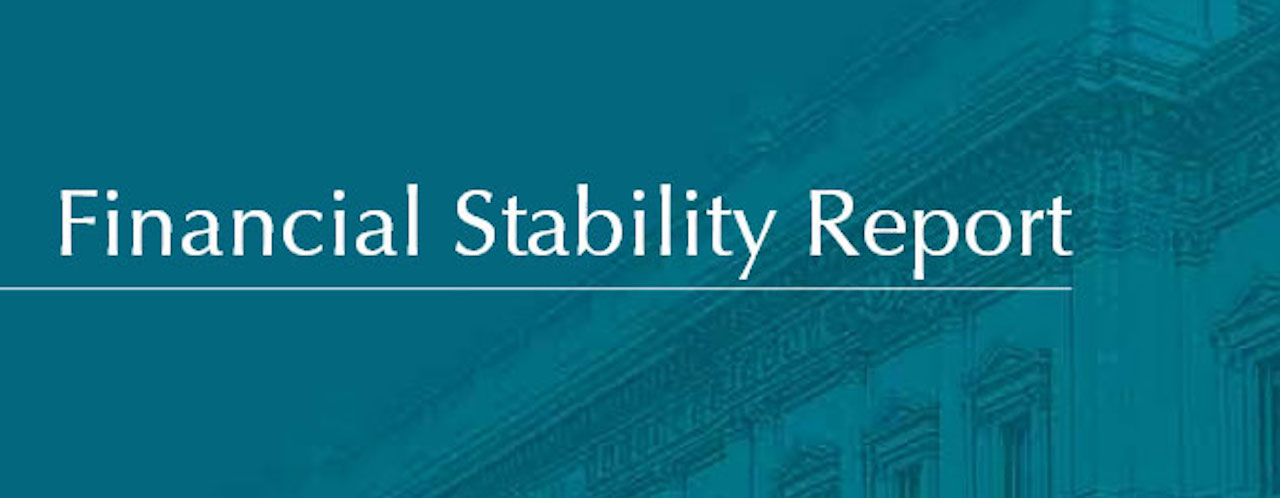By the end of March this year, Barbadians had some $10.7 billion in savings, while there was a rebound in lending during 2021, according to the latest Financial Stability Report.
It noted that the growth in domestic currency deposits into the first quarter of this year was a spillover of the growth experienced in 2021.
“Domestic currency deposits grew by 4 per cent, a slower pace than the 6 per cent growth recorded in 2020. The continued deposit growth partly reflected the monetary effects of the fiscal relaxation and was mirrored in the $170 million expansion of holdings of individuals. This growth persisted into the first quarter of 2022, with deposits reaching $10.7 billion,” it read.
The 94-page report also showed that after a year of decline due to the effects of the COVID-19 pandemic, the demand for borrowing increased in 2021 as confidence started to return to the economy.
The total new lending for 2021 rose by 3.7 per cent, representing a recovery from the decline registered in 2020.
“With regained confidence in the economy, households and businesses, particularly the tourism and distribution sectors, increased their demand for bank credit,” the report said, adding that “within the business sector, new credit demanded in 2021 was primarily put towards working capital and refinancing”.
The data showed that loans to individuals accounted for most of the lending by the financial sector, at some $60 million. This was followed by the tourism sector, which borrowed approximately $30 million. The distribution sector was responsible for just over $20 million worth of borrowing during the review period.
Declines in borrowing were registered, however, for the utility and real estate sectors.
The report explained that while the demand for credit was restored, the stock of loans for the year fell by two per cent since repayments exceeded new credit.
“All key sectors registered declines, with the exception of utilities, manufacturing, agriculture, hospitality, and other deposit-taking institutions. The exposure to the personal sector, the largest single loan segment, fell by $134 million, as the sector’s repayments exceeded new credit.
“During the first quarter of 2022, commercial banks’ loan balances declined further, largely in the personal and tourism sectors. However, there were modest increases in the loan balances of the distribution sector,” it explained.
The report showed that the rate of people defaulting on their loan payments was relatively stable during the year. However, there was an increase in the nonperforming loan portfolio for the real estate sector “due to a few specific firms”.
As some level of normalcy was restored in the economy, the loan moratorium previously offered by commercial banks was largely phased out during 2021.
“The nonperforming loan ratio was marginally higher at 7.4 per cent than for the comparable period in 2020, due to a larger contraction of loan balances. However, the ratio subsequently improved to 7.0 per cent as at March 2022, given a further decline in non-performing loans during the quarter
“As credit quality improved, commercial banks lowered their provisions which fell from approximately $270 million at end 2020 to $250 million as at March 2022. Given a much smaller decrease in non-performing loans in 2021, the provisions-to-nonperforming loans ratio fell at the end 2021, from 62 per cent in 2020 to 59.6 per cent in 2021,” stated the 2021 Financial Stability Report.
The document, which was prepared by the Central Bank of Barbados and the Financial Services Commission (FSC), noted that even as loan balances were reduced, loans remained the largest component of commercial banks’ assets.
Total assets rose by 4.1 per cent to reach $13.8 billion or 141.5 per cent of nominal gross domestic product at the end of 2021.
It noted that the growth in assets was largely reflected in a 21 per cent rise in cash balances held at the Central Bank.
“Furthermore, commercial banks increased their sovereign exposures as spikes in foreign-currency deposits enabled them to raise their foreign investments, particularly in US treasury bills. Investments in local fixed income securities also rose modestly, but interest remains tepid in local-currency denominated government securities.
“During the first three months of 2022, commercial banks’ assets continued on their upward trajectory, with deposits at the Central Bank rising steadily,” it added. (MM)




